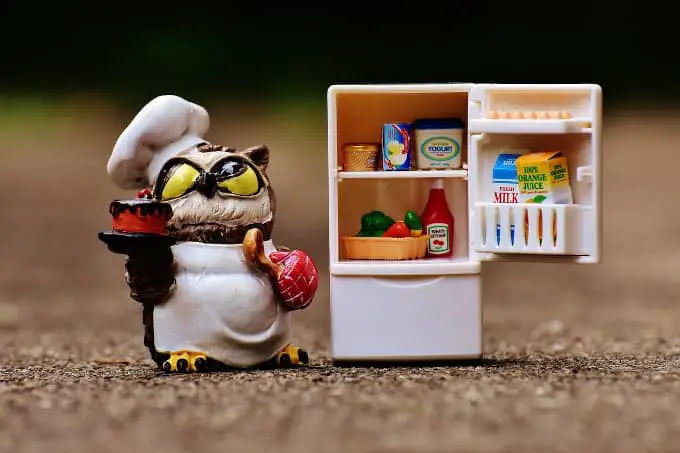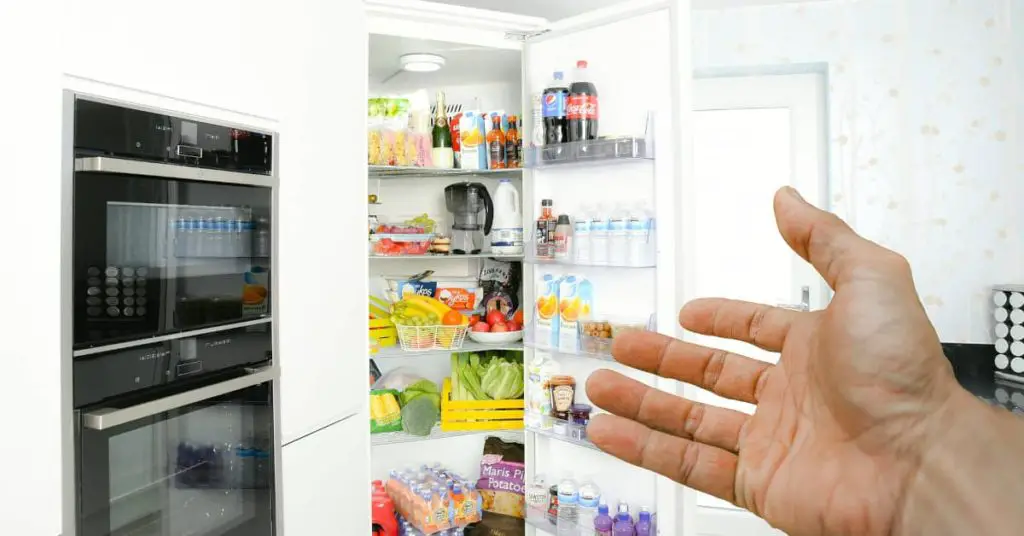Storing food in the fridge requires some helpful guidelines to ensure that food is not only fresh but also safe. I provide 14 helpful tips for mothers, fathers, as well as the kids to maintain your family’s health and keep illness at bay.
Everyone in the family unit simply loves to eat and nibble food, and yes, including your furry pet dogs at home, too. Loving moms had to prepare food for her family in such a healthy way.
Storing foods the right way in the fridge is everyone’s concern at home, most specially at annual family gatherings.. Family reunions wherein it entails having the capacity of the fridge full blown with different varieties. I and my family have had experienced this myself too.
It has been perpetually advisable to thoroughly clean your fridge at least once a month or twice a month so as not to accumulate further dirt and attract germs on your accumulated food supply for the week. This likewise ensures that your children can get a sufficient number and quality of vitamins and minerals with having clean, healthy fruits and veggies from the fridge.
Cluttered, messy fridge attracts germs even inside the fridge. Storing food in the fridge safely keeps everyone healthy. Thus, methodical and regular cleaning is recommended.
Relatively, a highly organized stock of food in your fridge is not only pleasing to the eyes. In addition, it vastly conserves your customary time and energy. So you can focus on some specs on your to do things for the day.
Thus, you think more ways on how to make room for an ideal boundless space in your fridge and somehow there will be no need to overly stress yourself in vigorously searching where you have placed the ingredients, the leftover foods, and the other condiments. You think the course of action of a more efficient way to store foods in the fridge.
So here are my handy dandy solutions for you about the best ways of storing food in the fridge.
Table of Contents
14 Helpful Tips on Storing Food in the Fridge

1. Always keep edibles in a food container
Place your edibles in a food container with a lid to prevent contamination and to prevent further spoilage.
2. Put a natural air freshener in the fridge
Place a pomelo skin or orange skin (peeled) inside the fridge as a good freshener. The wonderful fragrance lasts for a few days. And it’s organic. No worries about harmful chemicals.
3. Buy microwave safe, white containers
A useful option in keeping food — use microwavable white containers. This is efficient and won’t occupy much of the space in the fridge. Also, it’s transparent and you can easily see what’s inside the container.
4. Sequence the food containers
Carefully sequence the food containers on top of each other to give extra space for storage of other items. Arrange them according to shape — square ones on top of each other where the biggest stays at the bottom, round containers in the same way.
Transparent containers make easy identification of the contents of each container for easy access when you need it.
Place breakable items at the back of the fridge or safely in the fridge door compartment to prevent accidentally pushing them aside and out of the fridge onto the floor when looking for other items.
Place microwave safe containers in front.
5. Wrap veggies in brown paper
Carefully wrap your veggies in clean, brown paper bags so they won’t easily turn brown and eventually rot.
6. But transparent containers
Buy white transparent tupperware or food containers so you can readily see what’s inside. Saves time identifying what’s inside the container.
7. Categorize the food items
Categorize and classify foods on food containers according to veggies, fruits, or viands. It is much easier to locate.
8. Cut rotting veggie parts
For the cabbage, cauliflowers, broccoli and romaine — it’s best to cut the tip to remove the brownish outer covering. Rub a bit of an apple cider vinegar on cut surfaces to lengthen its shelf life.
9. Wash meat and fish well
Wash properly the meat and fish, sprinkle it with salt for a much longer shelf life.
10. Wash fruits and veggies
Wash fruits and veggies properly before placing at the fridge. Putting inside a brown paper ideally. This extends its shelf life, as there are fewer bacteria to spoil the food. Consume or cook them at the earliest opportunity.
11. Clean fridge regularly
Clean the fridge regularly once or twice a month or when it’s necessary with a bit of your laundry soap and baking soda to easily remove the dirt malodour and stains.
12. Remove rotten parts
Remove the rotten parts of veggies so as not to contaminate the other foods. Placing them on food containers helps to stop contaminating foods as well.
13. Use zip locks
You can place cinnamon powder or garlic powder and leftover vegan sandwiches in a cellophane with a zip lock to avoid these foods from occupying precious space in your fridge.
14. Use charcoal
Place a tiny bowl of charcoal inside the fridge to remove any stinky odor. Charcoal absorbs pungent smell, especially the activated ones as these have more pores thus greater surface area for odor to stick.
Bible Verses Related to Storing Food
During the seven plentiful years the earth produced abundantly, and he gathered up all the food of these seven years, which occurred in the land of Egypt, and put the food in the cities. He put in every city the food from the fields around it. And Joseph stored up grain in great abundance, like the sand of the sea, until he ceased to measure it, for it could not be measured.
Genesis 41:47-49
Do not store up for yourselves treasures on earth, where moths and vermin destroy, and where thieves break in and steal. 20 But store up for yourselves treasures in heaven, where moths and vermin do not destroy, and where thieves do not break in and steal. 21 For where your treasure is, there your heart will be also.
Matthew 6:19-21
Good food and olive oil are stored up in the dwellings of the wise, but a foolish person devours everything he has.
Proverbs 21:20



